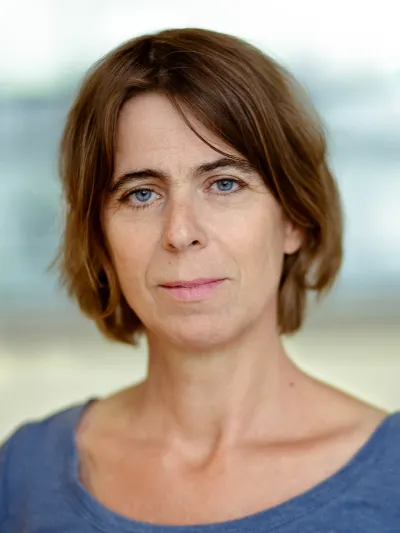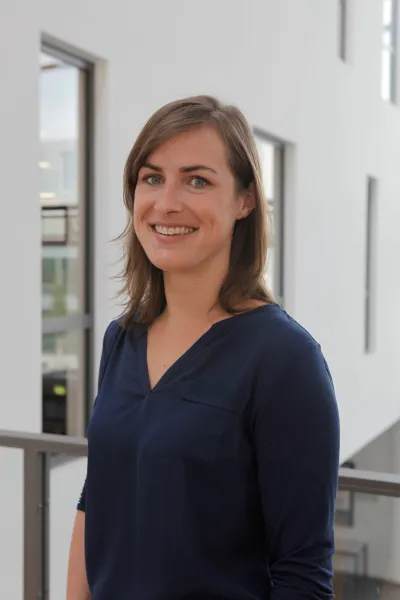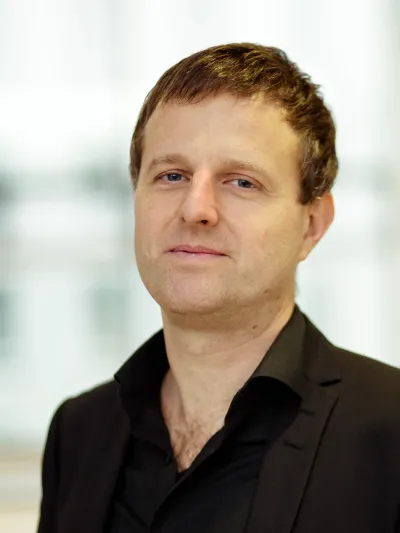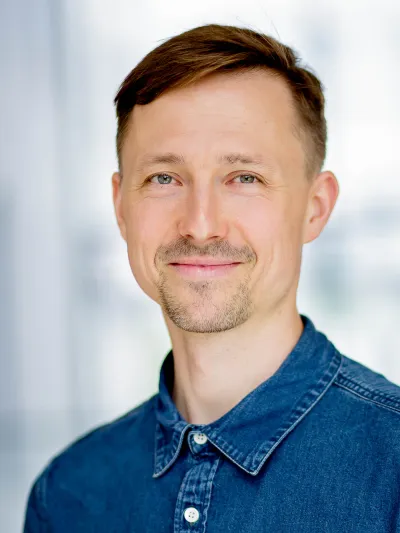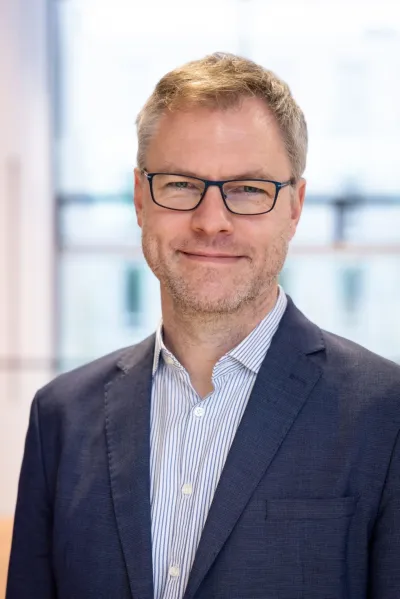EQUIP – Development of Quality and Interaction in Pedagogical Everyday Life
A cooperative practice research programme by University of Applied Sciences Potsdam and the University of Potsdam on quality development in early education
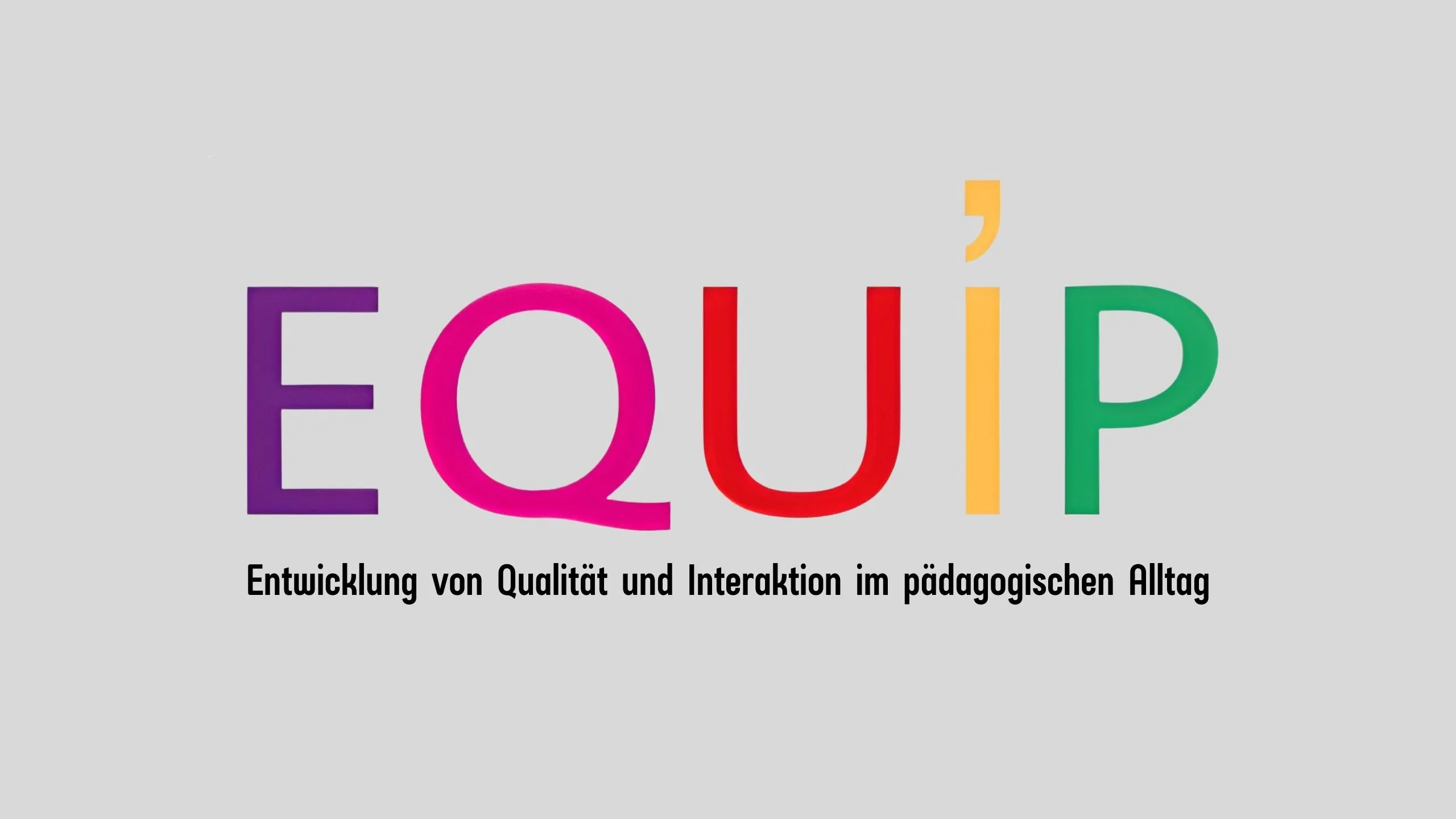
- University of Potsdam(Prof. Dr. Jan Lonnemann)
- Humboldt University Berlin (Prof. Dr Werner Sommer)
- Free University of Berlin (Prof. Dr. Inka Bohrmann)
- Ernst Moritz Arndt University of Greifswald (Prof. Dr. Andrea Hildebrandt)
- Ministry of Education, Youth and Sport of the State of Brandenburg
- BifF e.V.
- ISTA/ INA GmbH
- Forscherwelt Blossin - Youth Education Centre Blossin e.V.
- PädQUIS GmbH
- Pestalozzi-Fröbel-Haus
The cooperative practice research programme EQUIP combines training, research and practice development in the field of early childhood education. In two practice development and research fields, EQUIP makes scientifically sound contributions to quality development in everyday pedagogical practice. Field and experimental laboratory research, qualitative and quantitative approaches are combined. Students of the joint Master's programme "Early Childhood Studies" of the University of Applied Sciences Potsdam and the University of Potsdam gain access to research and practice development in early childhood education within their research focus.
Practice development and research field 1:
Educational processes in pedagogical interaction
The investigation of factors of successful pedagogical interaction in the field is a prerequisite for a scientifically sound development of pedagogical process quality. EQUIP therefore pursues the research and further development of pedagogical interaction processes in constant exchange with practice.
Sub-project 1A – Effects of Sustained Shared Thinking
Project leaders: Dr. Ramiro Glauer, Karsten Manske (University of Potsdam)
Sustained Shared Thinking (König, 2009; Siraj-Blatchford et al. 2002) has proven to be a particularly promising format of pedagogical interaction in terms of pedagogical process quality. The aim of the sub-project is to investigate the influences of this interaction format on children's language behaviour, exploration activities and cognitive abilities.
Subproject 1B – Cognitively stimulating interactions in practice
Project leaders: Tina Marusch (University of Potsdam), Juliane Burmester (University of Potsdam)
The practice development and research project investigates characteristics of successful cognitively stimulating interaction with the aim of developing a taxonomy of cognitively stimulating speech acts, especially Sustained Shared Thinking, in the context of pedagogical actions. The adequacy of these interactions for children of different age groups and multilingual children is another focus of investigation.
Subproject 1C – Children's perspectives in the quality development of day care centres
Project management: Joseph Rothmaler, Stephanie Pigorsch
Module responsibility: Prof. Dr. Stefan Thomas
This sub-project uses an ethnographic approach and participatory methods to investigate the children's perspective on and contribution to the quality of their day care centres. In cooperation with the different actors of the day care centres, methods for the assessment of children about their day care centre are jointly developed, tested, applied and integrated into the quality development process of the day care centre.
Practice development and research field 2:
Professionalisation processes of educators on pedagogical interaction and transfer programmes
The greatest challenges for professionalisation processes in early education lie not only in the communication of knowledge about research results on the advantages of innovative pedagogical practices, but also in a sustainable reflection and, if necessary, adaptation of values, professional identities, implicit representations and affective action tendencies of educators. A further challenge is the development of training formats that promote a sustainable transfer into practice.
Subproject 2A - Transformation of attitudes towards pedagogical interaction
Project leader: Jasmin Luthardt
Module responsibility: Prof. Dr. Tobias Schröder
The beliefs of educators in day care centres in Berlin and Brandenburg related to pedagogical interactions are recorded and visualised in the context of cognitive psychological theories. A central concern of the sub-project is to explore the attitudes of educators in early childhood care and education institutions towards interaction and how they present themselves or change in relation to societal, educational policy guidelines and institutional frameworks.
Subproject 2B - Transfer research and practice development
Project leader: Ruben Maué
Module responsibility: Prof. Dr. Alexandra Schmidt-Wenzel
Within the framework of the sub-project, different training courses are examined with regard to their effectiveness in the area of interaction quality. The focus here is on identifying factors that contribute to a successful transfer between further training and everyday pedagogical life. Findings from the effectiveness studies will be used to develop efficient training formats for the state of Brandenburg (e.g. webinars, online coaching, video-based interaction analyses).
Recent publications
- Article published in Frühen Bildung by Jasmin Luthardt, Inka Bormann and Frauke Hildebrandt: "Einstellungen pädagogischer Fachkräfte zu anregierende Interaktionen in Kindertagesstätten Fortbildungsbedarfe entdecken mit Cognitive-Affective Maps (CAMs)." (04/08/2021)
- Article by Richard Moore "The cultural evolution of mind-modelling" on the connection between language development and Theory of Mind (ToM). (18/09/2020)
- The article by Dr. Gregor Kachel "The origin of pointing: Evidence for the touch hypothesis" deals with pointing gestures of children. (20/07/2020)
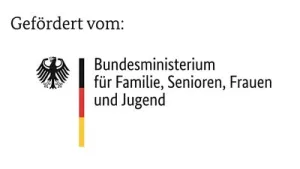
Project management
Project participants of the University of Applied Sciences Potsdam
Other project participants
University of Potsdam
- Prof. Dr Jan Lonnemann (Project Management)
- Karsten Manske
- Tina Marusch
- Juliane Burmeister
University of Applied Sciences Potsdam
- Laura Szymanski
- Mara Hallensleben
- Nadin Klüber
